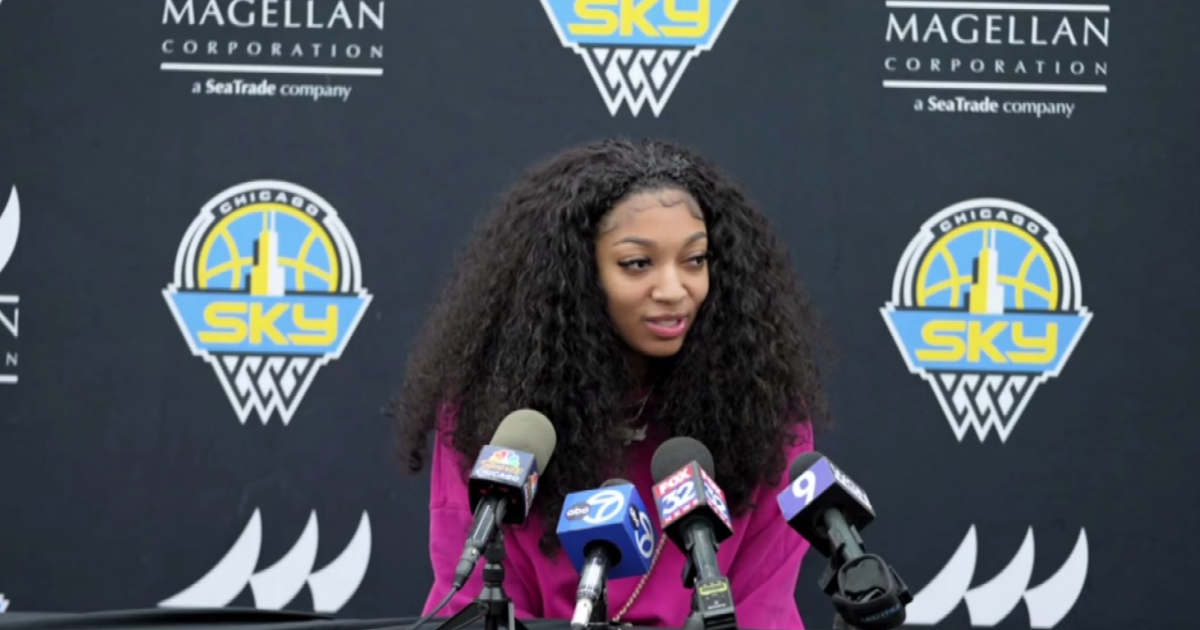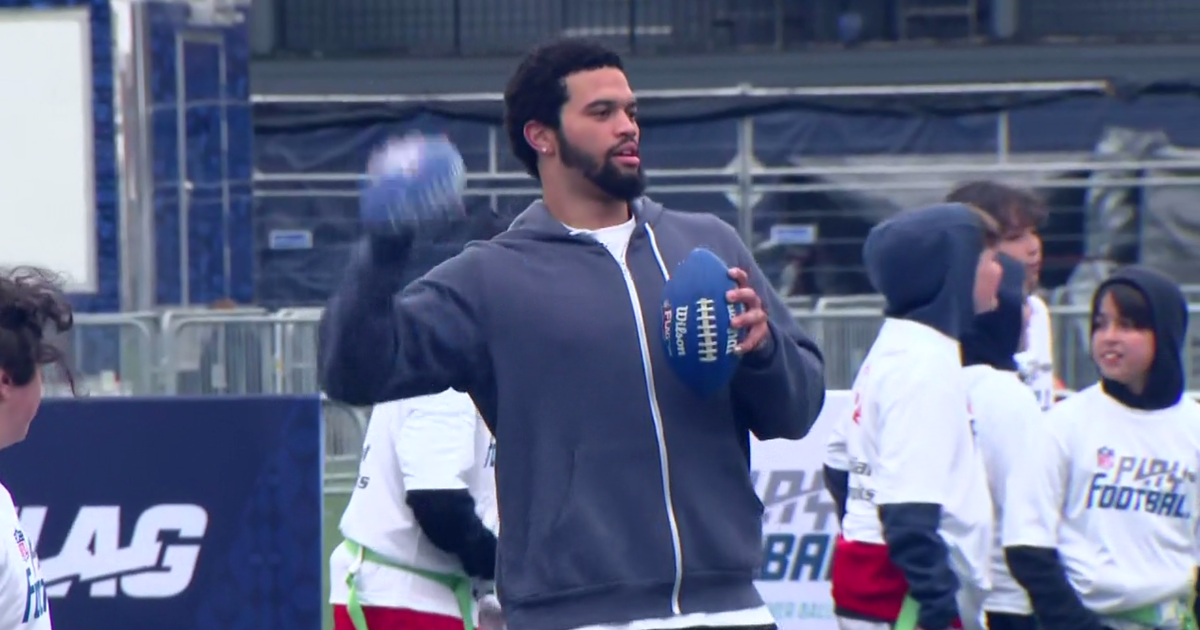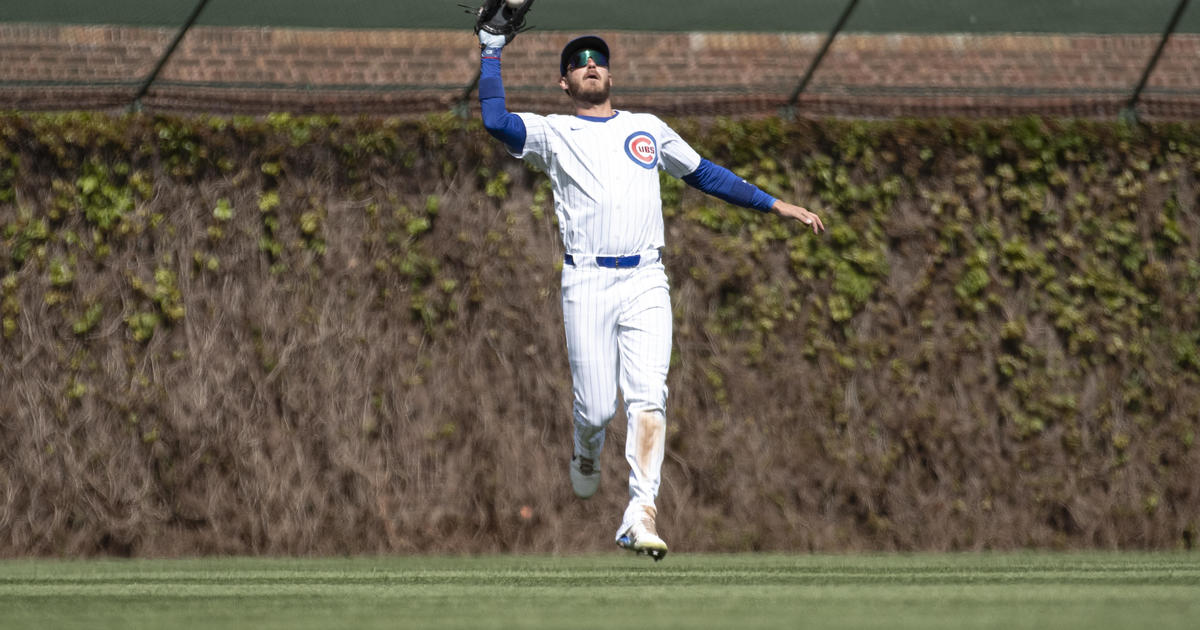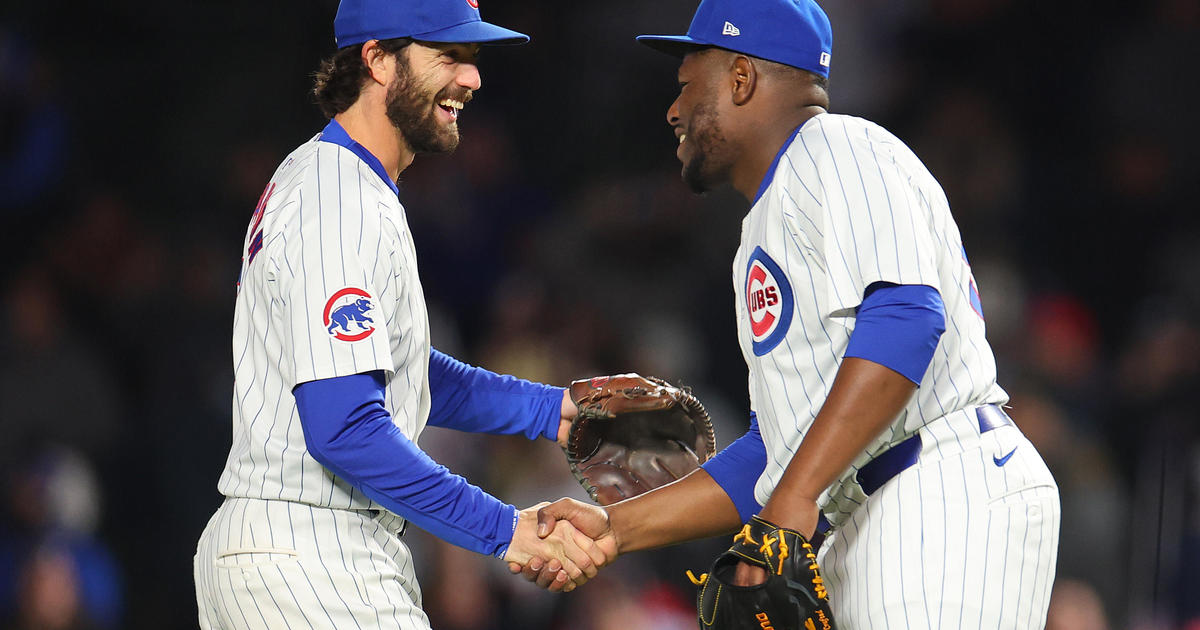Emma: Colter Is An Outlier In Cause He's Fighting For
CHICAGO -- At 9 a.m. sharp on Tuesday, Kain Colter's movement for change began. The doors opened inside the federal courthouse, and the quarterback became a star witness.
Colter walked in wearing a grey suit and a confident smile. He was poised and prepared for eight hours of sworn testimony, showing the same glare he donned while taking the football field. This was his moment. This was his movement.
For the College Athletes Players Association's union to come to fruition, the former Northwestern quarterback had to be on his game. Colter would face softball questions from his side, then get grilled by Northwestern's attorneys. But for a bit of irony, that Northwestern education appeared to show its strength as he diminished the possibility of a student-athlete balancing both roles.
"It's just a testament for the kids we have at Northwestern that they're able to time manage and do fairly good with academics while they play football," Colter said in his sworn testimony.
The reality is Colter is a prime example of this "testament." He admitted to being a decent student who carried a grade point average above 3.0 at Northwestern, all while balancing the demanding life of a Big Ten quarterback and team captain. He earned an invitation to the NFL Combine that begins this week and is set for graduation from Northwestern next month.
Colter is a shining example of success in the student-athlete model he's fighting against — a talented athlete and bright student who was enhanced by a top-notch education.
The five-hour testimony from CAPA saw Colter detailing the year-round demands of a college football player, with the emphasis that athletics come before academics, even at a school like Northwestern.
"Some refer to football players as student-athletes," said John Adam, an attorney for CAPA who questioned Colter. "They are students and athletes. They are separate in distinct roles."
What Colter hopes to accomplish with the formation of a college players' union is creating benefits while providing a voice for college athletes. By detailing how football comes first, Colter could expose flaws of the student-athlete model.
When asked how he defines his role to Northwestern, there wasn't a bit of hesitation for Colter.
"We are first and foremost an athlete, an employee of the school, providing an athletic service," he said.
A football scholarship at Northwestern is valued at $75,000, with stipends included. It's an incredible privilege to receive a prestigious education for free, and it's something which bettered Colter, a fact he even conceded.
The university's attorneys attempted to spotlight how Colter succeeded in his Northwestern education, while the quarterback downplayed his academic success. The defense later pointed out a January interview with NPR in which Colter revealed a Northwestern class was part of his inspiration to fight for a college players' union, a point which he lessened in testimony.
CAPA's purpose isn't pay-for-play, though it could eventually lead toward that path many years and lawsuits later. Its fight is for compensation rights in collective bargaining, medical benefits and more.
Tuesday's hearing became a bit heated when Colter — who had said in prior interviews that there were no grudges with Northwestern — took shots at his university. He exposed ways around the football program's academic requirements and even admitted his high school transcripts wouldn't have been approved at Northwestern if he weren't a star quarterback.
It became personal for Colter when he explained how Northwestern first refused to pay for medical bills in his ankle surgery.
"I sacrificed my body for four years," Colter said. "They sold my jerseys in stores. They should be able to protect me."
Reimbursement came later after Colter fought back, and it's something he didn't forget. These are the rights which Colter and CAPA are fighting for. This movement could come to fruition in time, but it also could be shot down in this Chicago courtroom.
Northwestern's attorneys pointed out that CAPA wouldn't initially gain bargaining rights with its formation. Colter was quick with his rebuttal.
"Who knows what we could be bargaining for in the future," Colter said. "Great changes happen all the time."
But perhaps the star quarterback and stellar student just isn't the right example for this cause.
Chris Emma covers the college sports scene for CBS Chicago. Follow him on Twitter@CEmmaScout.



